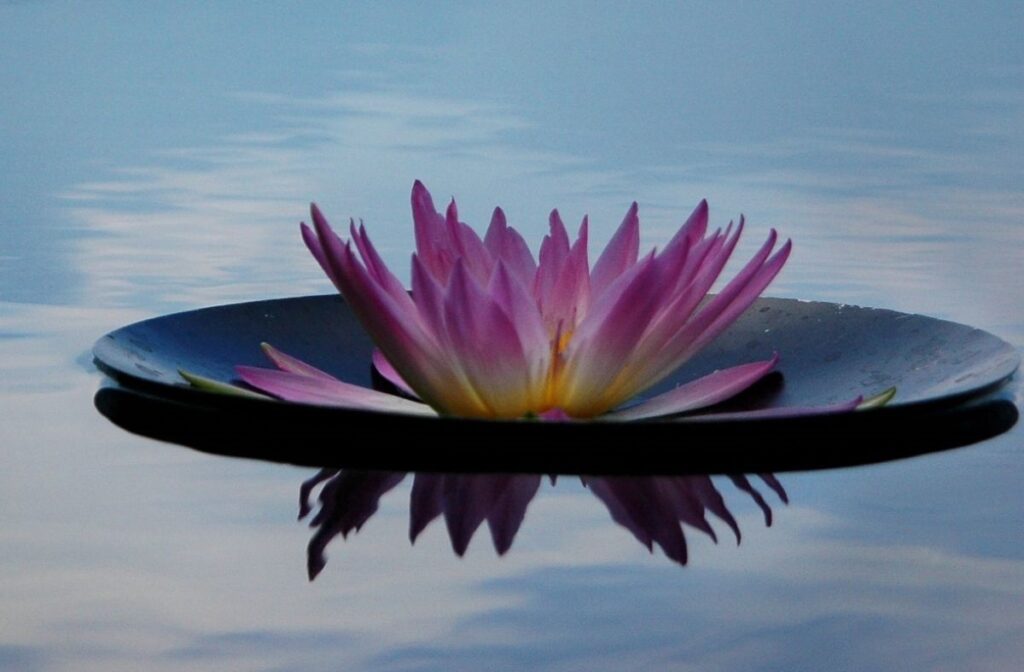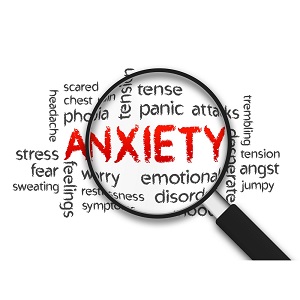 Knowing how to remain calm is a crucial ability. However, under stressful or distracting conditions, this capacity for maintaining calm tends to degrade.
Knowing how to remain calm is a crucial ability. However, under stressful or distracting conditions, this capacity for maintaining calm tends to degrade.
Staying cool under extreme pressure is far more difficult than staying calm under moderate pressure.
For example, hitting golf balls with your mates is a simple activity. However, add 5,000 onlookers and some TV cameras and watch how you fare.
Consider maintaining calm and serenity at all times. What would happen to your life? A better ability to handle one’s emotions is priceless!
Follow These Tips for Maintaining Calm Under Pressure:
1. Begin Your Day calmly and Make Every Effort to Stay that Way.
A religiously relaxing morning ritual will prepare your mind and body for the day ahead.
The only true effort is to maintain that state throughout the day.
A good morning frequently leads to a good day, just as a good Monday leads to a good week.
2. Observe Yourself.
Monitor your reactions to stressful situations on a regular basis.
- How are you physically?
- What are your thoughts?
- Do you engage in self-talk?
Take note of everything that has changed.
3. Return to Your Original State of Calm.
Take control of your self-talk if it has become negative. Make it positive by turning it around. Take slow, deep breaths and relax if your heart is racing.
Think positively and concentrate on solutions. Take action instead of worrying.
4. Keep in Mind that it’s Not All About You.
Avoid assuming that a negative incident reflects on you. If someone gets irritated with you at work, it could be a sign of difficulties at home.
People do things for a variety of reasons that have nothing to do with you. It’s common to take things personally, yet this is frequently incorrect.
5. Create Some Positive Coping Strategies for Yourself.
Many of us choose to shop, drink, or eat when we are feeling stressed out.
That’s a surefire way to wind up destitute, alcoholic, and overweight, all of which can add stress to your life.
Develop some new habits that will be to your advantage in terms of your health. Yoga, meditation, and exercise are a few examples.
6. Clear the Clutter from Your Surroundings.
Clutter of any kind, including excessive noise and other distractions, is included.
Disable social media and email notifications. Maintain a clutter-free work environment.
You’ll feel more relaxed and less anxious.
7. Get Enough Rest.
 It’s much simpler to be calm after 7 hours of sleep than 4 hours.
It’s much simpler to be calm after 7 hours of sleep than 4 hours.
Sleep aids in the reduction of stress in the mind and body.
Being well-rested also assists you in dealing with stressful events more effectively.
Even if you’re really busy, sticking to your regular sleep pattern will help you get more done.
8. Pose Questions to Yourself.
Questions can direct our attention and impact our actions.
- Will this actually make a difference?
- Does it make a difference?
- Is the other person exaggerating?
- Is it possible that I’m overreacting?
- Am I worried about the past, the present, or the future? The past is gone, and the future hasn’t arrived yet, so concentrate on the here and now.
- What can I do to improve the situation? Is there a solution that will satisfy everyone?
9. Take a Breather.
Allow yourself a few minutes to recover if you cannot remain calm. Some alone time can be beneficial.
It’s Not Always Easy Maintaining Calm!
Staying cool in stressful times might be tough, but it is a skill that can be learned.
Begin with less stressful scenarios and put your ability to remain cool, calm, and collected to the test.
Nothing will be able to get under your skin over time.





